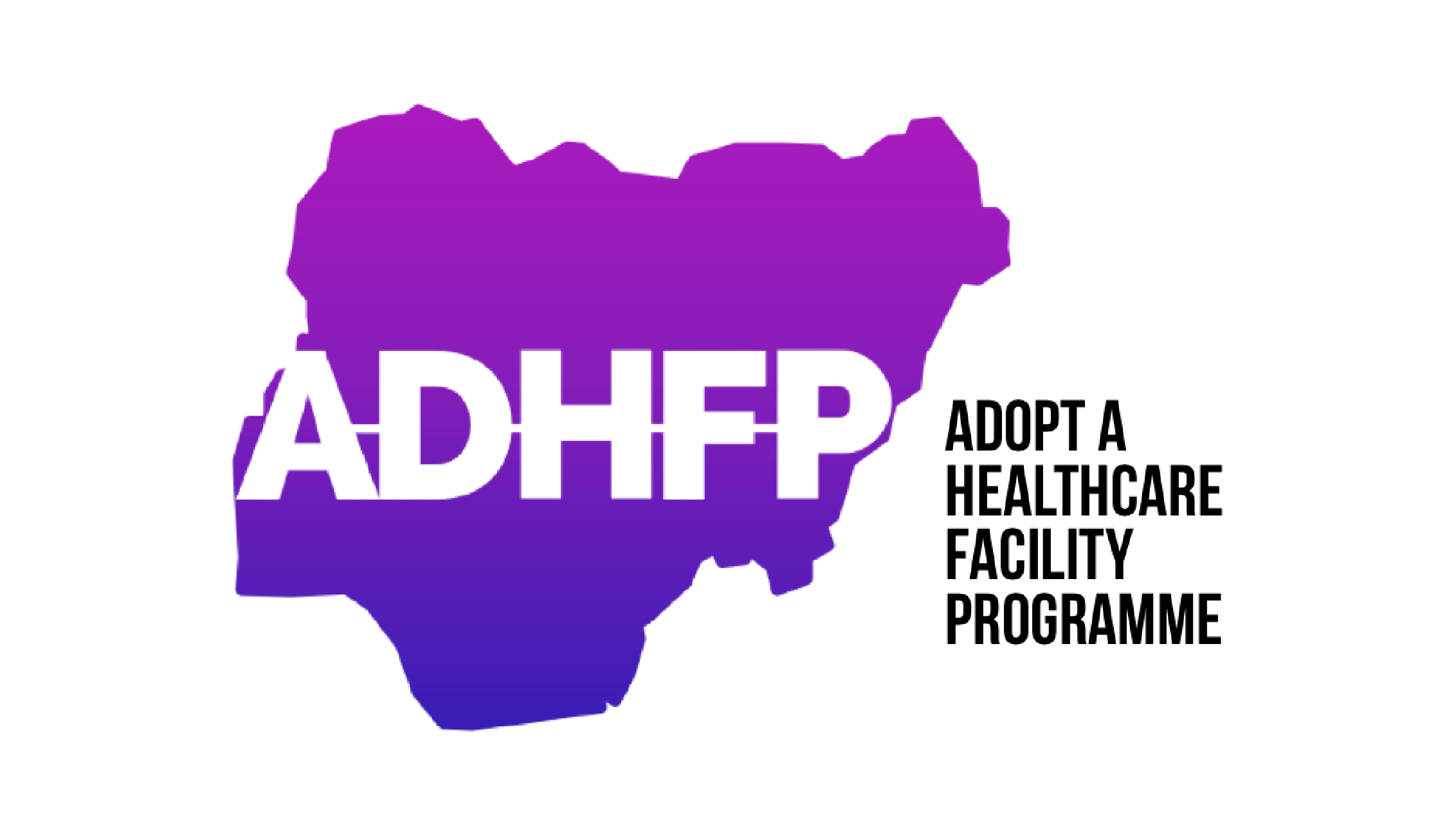
DEPRESSION: A COMMON MENTAL DISORDER
Depression is a common mental disorder that affects people of all ages, genders, and backgrounds. It is characterized by persistent feelings of sadness, hopelessness, and loss of interest in activities that were once enjoyable. Depression can also cause changes in appetite, sleep, energy levels, concentration, and self-worth.
In Nigeria, depression is a significant public health concern. According to the World Health Organization (WHO), an estimated 3.1% of Nigerians experience depression. This means that over 7 million people in Nigeria are living with depression.
There are many factors that can contribute to depression, including:
- Biological factors: Depression can be caused by imbalances in certain brain chemicals, such as serotonin and norepinephrine.
- Psychological factors: Depression can be triggered by stressful life events, such as the death of a loved one, a job loss, or a physical illness.
- Social factors: Depression can be more common in people who live in poverty, have low social support, or have experienced discrimination.
The symptoms of depression can vary from person to person, but some common signs include:
- Persistent sadness or loss of interest in activities
- Changes in appetite or weight
- Trouble sleeping or sleeping too much
- Fatigue or loss of energy
- Difficulty concentrating or making decisions
- Thoughts of death or suicide
If you or someone you know is experiencing symptoms of depression, it is important to seek professional help. Depression is a treatable condition, and there are many effective therapies available.
Addressing depression in Nigeria.
The Private sector can play a vital role by promoting mental health awareness campaigns and implementing employee assistance programs that offer support to their staff. These programs may include counseling services and workshops on managing stress.
Government initiatives are equally important in tackling depression. Increasing funding to ensure the implementation of mental health services at Primary healthcare facilities, incorporating mental health education into school curricula and creating policies aimed at reducing the stigma surrounding mental health issues are all steps that can have a significant effect.
Conclusion
Depression is a pressing public health concern that requires efforts to address effectively. Considering the intersection of economic and social factors, it is crucial to raise awareness about health issues while providing accessible treatment options and fostering open conversations, about mental well-being. These will ensure individuals lead happier, healthier lives.
Concentrating on Family Planning commodities, the initiative aims to enhance private sector involvement and sustainability. The project’s key goals are to assess the private sector’s role in Family Planning, inspired by pandemic collaborations, and promote long-term sustainability.
The initiative’s impact will extend beyond research, with deliverables including a detailed report and recommendations for funded PPP models. This initiative has the potential to reshape PPPs in Nigeria, fostering a more robust and impactful partnership landscape.
The Bill and Melinda Gates Foundation (BMGF) recently conducted an inaugural visit to the Private Sector Health Alliance of Nigeria (PSHAN) to formally initiate the project.
